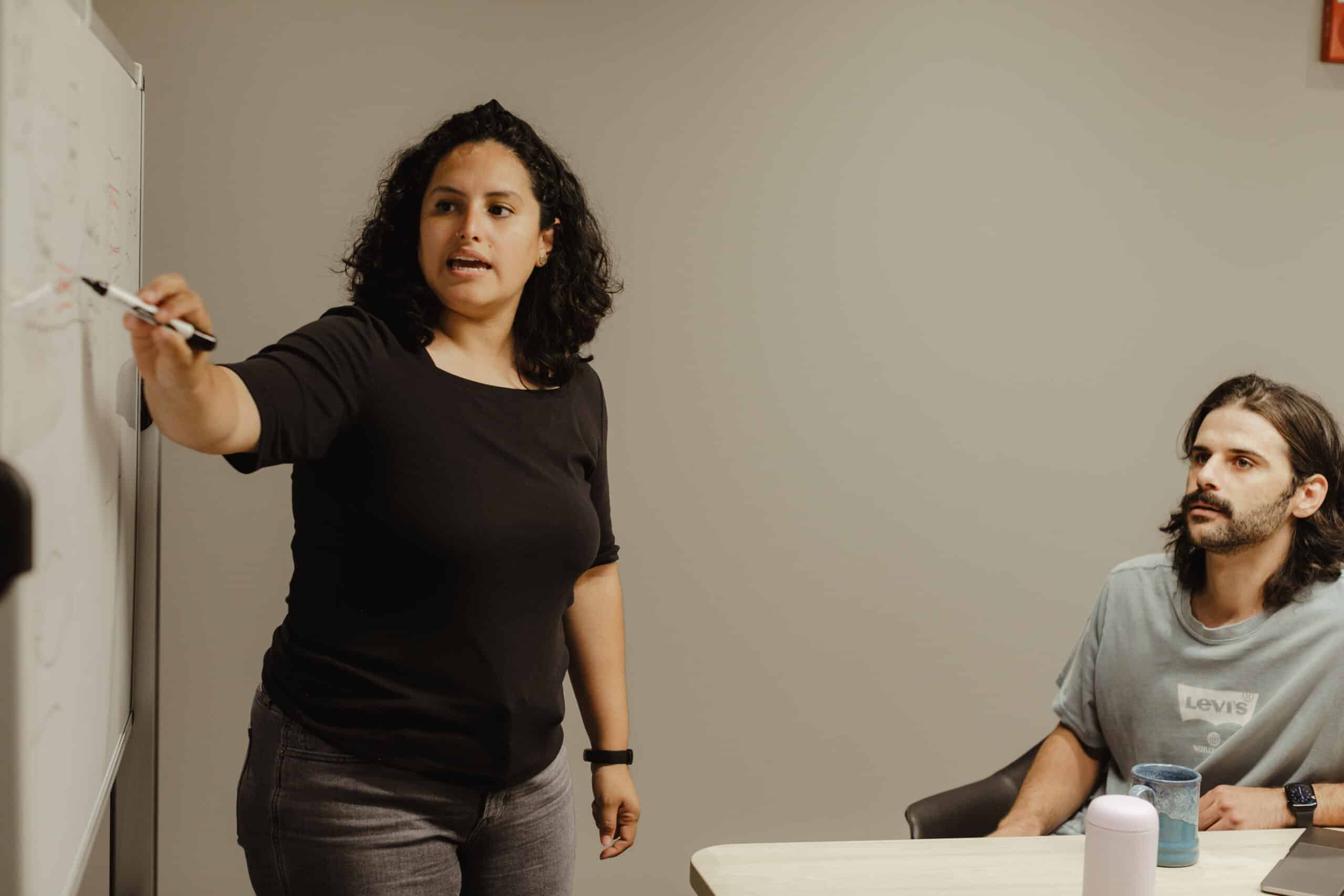Article summary
This Scrum Your Money series was inspired by previous Atomic Object blog posts: Embracing Sprint-Based Backlogs to Prepare our Home for Sale by October and Agile Practices for Normal Life – Building a Backlog.
Why Scrum?
I love using Scrum principles to accomplish big goals and projects outside of work. So, in this series, I’ll cover how you can apply the scrum concepts to your personal finances too! By embracing scrum, you’ll equip yourself with the tools and mindset to reach your money goals faster. Disclaimer: I am not a financial advisor. Please discuss your specific situation with a financial advisor.
I’ll admit, I didn’t come from money, and I’ve learned a lot from my money missteps. I accept that I have my own cognitive biases and goals for my money that probably don’t align with yours. After all, personal finance is personal. There is a ton of emotion tied to money based on how you were raised, what your parents taught you, and money discussions you observed (or didn’t). You are allowed to grow and change and make different decisions as you learn more.
I won’t tell you how to make or spend your money, but I will share some highly adaptable tools to elevate your money game. This series is for anyone new to budgeting, getting out of debt, starting to invest, or saving up for a big purchase.
Scrum Values
A software development team’s success with scrum depends on five values: commitment, courage, focus, openness, and respect. The Scrum Guide states: “The Scrum Team commits to achieving its goals and to supporting each other. Their primary focus is on the work of the Sprint to make the best possible progress toward these goals. The Scrum Team and its stakeholders are open about the work and the challenges. Scrum Team members respect each other to be capable, independent people and are respected as such by the people with whom they work. The Scrum Team members have the courage to do the right thing, to work on tough problems.”
How does this apply to personal finance? You can adapt the Scrum values to your money team: yourself, your family, or a partner or spouse. I make financial decisions with my spouse, so our scrum money values would be:
“We commit to achieving our money goals and to supporting each other. Our primary focus each month is to make the best possible progress toward our money goals. We’re open about the emotional work and the challenges that will arise as we figure out our money. We respect each other to be capable, independent people. We have the courage to work on our tough money problems.”
These money values are profoundly positive and actionable! Take a moment to tweak this value statement to your situation and refer to it as often as needed as a reminder of your commitments.
Scrum Your Money
Applying scrum principles to your personal finances is an empowering and transformative approach to achieving financial success. Scrum underscores the importance of starting without exhaustive knowledge and emphasizes the value of continuous learning through experience and observation. The key takeaway is that you can evolve and make different decisions as you learn and grow. Moreover, when you scrum your money, you establish a positive and actionable framework for achieving your money goals, fostering collaboration, and addressing financial challenges head-on.
What’s Next?
See Part Two for the importance of transparency and using sprint ceremonies.
See Part Three for a beginner’s personal finance backlog.

